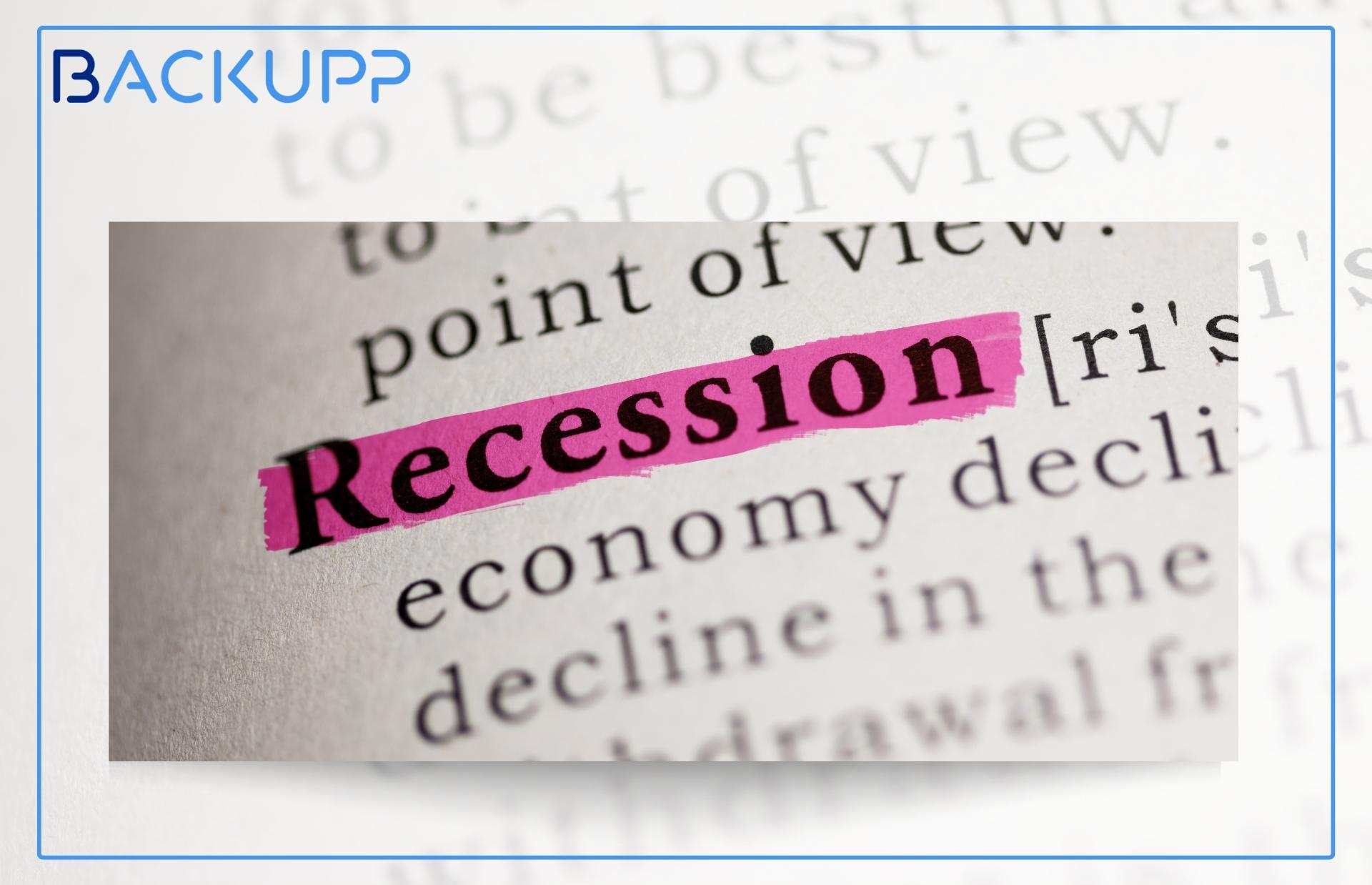
Discover how creating a strategic business plan can help your company thrive during a recession. Learn essential steps to secure success.
Recessions are part and parcel of the business cycle, characterized by a significant economic downturn affecting various industries. However, they don't have to spell doom for your company. By having a robust strategic business plan, you can position your company to not only weather the storm but also seize opportunities that arise during challenging times.
Understanding Recession and Its Impact
A recession is defined as a drop in economic activity, which results in lower consumer spending, lower company investments, and higher unemployment. The consequences can be severe, influencing supplier chains, customer behaviour, and overall market demand.
The Power of a Strategic Business Plan
A strategic business plan acts as a road map for your organisation as it navigates uncertainty. It describes your objectives, target market, competitive advantage, and any hazards. A well-structured strategy assists in aligning everyone in the organisation towards a single goal.
Essential Steps to Create a Solid Business Plan
1 Defining Your Vision and Goals
Setting a clear vision and attainable goals provides direction and purpose, pushing your team to collaborate toward a common goal.
2 Assessing Your Current Situation
Conduct an in-depth analysis of your company's strengths, weaknesses, prospects, and threats. This study serves as the basis for your strategic decisions.
3 Identifying Key Strategies
Create strategies that capitalise on your strengths while mitigating potential short comings. Consider diversity, innovation, and market expansion as potential paths forward.
4 Effective Resource Allocation
Resources may be scarce during a recession. Allocate them wisely to projects that are in line with your strategic goals and will yield the maximum returns.
5 Adapting and Flexibility
Flexibility is paramount during uncertain times. Your plan should allow for adjustments as the situation evolves, enabling you to pivot quickly if needed.
ExecutingYour Plan and Monitoring Progress
1 Assembling the Right Team
Your team is your greatest asset. Ensure you have the right people in key positions who are aligned with the company's mission and values.
2 Taking Decisive Actions
In times of recession, in decision can be detrimental. Take calculated risks and make decisions promptly based on the available data and insights.
3 Continuous Monitoring and Learning
Regularly review your progress and be willing to learn from both successes and failures. Adapt your strategies as you gather more information.
CaseStudies: Companies That Thrived During Recession
Investigate real-world examples of businesses that not only survived, but prospered, throughout recessions by adopting innovation, cost-cutting strategies, and strategic alliances.
Some of the examples are given below:
● Tech Genius: Remote Work Solutions
Tech Genius, an Australian IT services company, saw the opportunity that remote work arrangements afforded. They provide full IT solutions to firms making the transition to remote operations. Tech Genius enabled businesses to sustain productivity outside of the traditional office setting by assuring smooth connectivity, cybersecurity, and remote assistance. Their knowledge not only enabled enterprises to survive but also prosper in the new work environment.
● Fit Flex Fitness: Virtual Health and Wellness
Fit Flex Fitness,a fitness center chain, adapted to the closure of physical locations by embracing virtual platforms. They launched live-streamed workout sessions,virtual personal training, and an interactive fitness app. This digital pivot allowed them to retain their client base and even reach a global audience. Fit Flex’s innovation showcased the resilience of the fitness industry and highlighted new possibilities for engagement beyond traditional gym settings.
● Swift Logistics: Navigating Supply Chain Disruptions
Supply chain disruptions during a recession can cripple businesses, but Swift Logistics turned this challenge into an opportunity. They revamped their logistics network, incorporating real-time tracking and agile distribution strategies. As other companies struggled with delays, Swift Logistics provided reliable services, gaining a competitive edge. By addressing a critical pain point, they not only survived but became a preferred partner for businesses seeking resilient supply chain solutions.
● Home Revive: Adapting Home Improvement
Home Revive, ahome renovation company, found opportunity in a recession-driven shift towards home improvement projects. They tailored their offerings to budget-conscious homeowners seeking to enhance their living spaces. By offering DIY kits,virtual consultations, and flexible payment options, Home Revive tapped into a growing demand for affordable home upgrades. Their ability to adapt to changing consumer behaviors enabled them to thrive in a challenging economic climate.
Conclusion
A great strategic business plan can be the difference between a firm that falters and one that flourishes in the face of a recession. Businesses may traverse the obstacles of a recession and emerge even stronger by knowing the phases required in developing such a plan, as well as the need of agility and team morale.
FAQs
Q1: How can a strategic business plan help during a recession?
A:A strategic business plan provides a clear roadmap, helping a company make informed decisions, allocate resources wisely, and adapt to changing circumstances.
Q2: What are some key elements of a strategic business plan?
A: A strategic business plan includes defining goals, analyzing the current situation, identifying strategies, allocating resources, and maintaining flexibility.
Q3: Can a company really thrive during a recession?
A: Yes, companies that strategically innovate, cut unnecessary costs, and adapt to changing market demands can find opportunities for growth even during a recession.
Q4: How important is employee morale during tough times?
A: Maintaining employee morale is crucial as motivated and engaged employees are more likely to contribute innovative ideas and efforts to navigate challenges.